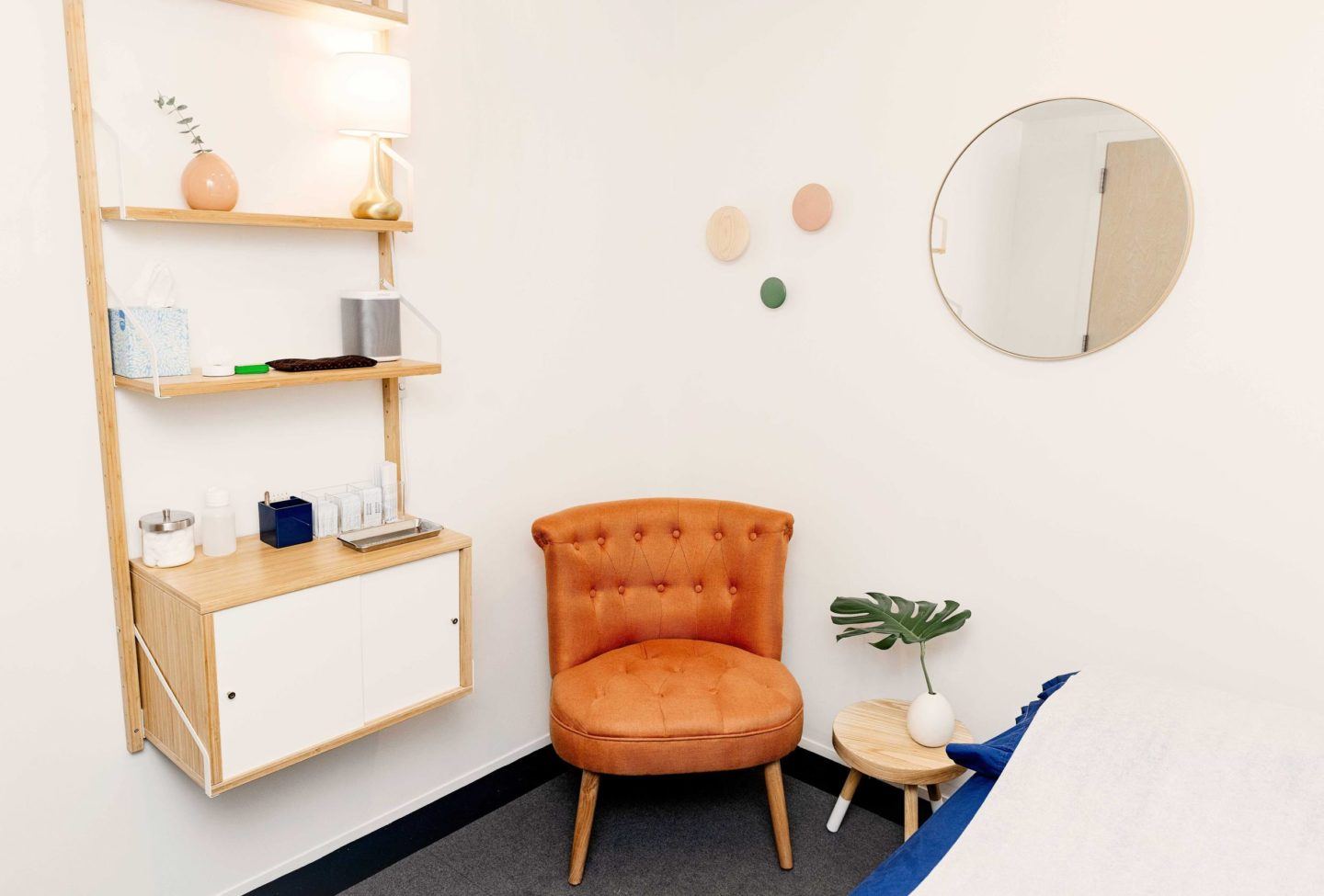The process of finding a practitioner who fits your needs, clicks with your personality, is also experienced and a pro in the area of expertise you are seeking to focus on can be challenging to say the least. However, we are here to help make it easier! Whether you are looking for an acupuncturist to optimize your fertility or one to help you find relief from pain, we hope these tips help you look for signs that your acupuncturist is properly qualified and runs a professional and vibrant practice.
Find a practitioner who is licensed and board certified in both acupuncture and Chinese herbs, surprisingly not everyone is.
A licensed and board certified acupuncturist will have completed a 3-4 year full-time master’s degree, which includes thousands of hours of supervised hands-on clinical training, along with a requirement to pass national or state board exams. In addition to practicing acupuncture and prescribing Chinese herbs, a good practitioner should also be trained in cupping, moxa, massage, nutritional support and even modalities like Shonishin, a type of pediatric needle-free acupuncture.
A practitioner can have Board certification in Acupuncture, and/or Chinese Herbology. While an acupuncturist in New York state is required to have NCCAOM certification to get their license, there is no such requirement for them to make herbal recommendations.
There are basic, essential formulas that many acupuncturists work with. However, without the training that a Board certification represents, they are unable to bring the true efficacy (and safety) of Chinese herbal medicine to their patients.
An easy way to find out if a practitioner is fully licensed is to reference the NCCAOM website, which lists licensed practitioners from across the U.S. A current NCCAOM certification is also an indication that your practitioner is keeping up with the Continuing Medical Education requirements
It’s worth noting that doctors, dentists, chiropractors and physical therapists are also able to perform a limited form of “needle therapy” with just 300 hours of training. Because they are practicing under their other medical licenses, they are not required to meet the standards for acupuncture licensure; the service they offer is an adjunct. This means they can take a very abbreviated training and they are not required to maintain their skills with continuing education. Essentially, this would be the equivalent to getting dental work done by an acupuncturist who’d studied dentistry on the side at home.
Seek out comprehensive care
At Yinova we encourage you to put your faith in a qualified acupuncturist who practices Chinese medicine passionately and has been trained extensively in the modality. Here at Yinova, we believe it’s paramount that each of our practitioners not only completes the acupuncture portion of the NCCAOM along with conventional and Chinese medical components but that they have board certification in Chinese herbal medicine as well as we believe it deepens their understanding for Chinese medicine as a whole.
Find someone who is accessible
A good acupuncturist should be able to explain to you their treatment plan, as well as converse with your doctor if necessary. At Yinova, we strive to interpret traditional wisdom in a modern way, making Eastern Medicine relevant to busy, overextended patients. We not only make Chinese medical concepts accessible to our patients but we also “speak doctor,” helping decode complex medical terms and treatments that your conventional doctor may be considering. Our goal is to put integrative care within your reach, giving you the time, resources, and power to take control of your health and get back in sync.
Choose a practice that suits you
There are two main types of acupuncture practices and both provide their own unique experiences, so it’s important to understand the difference and pick the one that you resonate with the most.
The first is the traditional “private practice.” This is the way we practice at Yinova. Our practitioners see one patient at a time in a private room with plenty of time to talk and develop a treatment strategy.

The second is called “community acupuncture” where patients are treated in a group setting. This helps to keep costs lower, but it does mean you’ll be treated in a communal treatment space.
Privacy and personal attention may or may not be a priority depending on what you are being treated for. If you are dealing with a complex gynecological problem, for example, a private practice will provide you with the discretion and time needed to talk about your symptoms confidentially and work with your practitioner towards a solution. On the other hand, if you have a sore elbow, and privacy is not particularly important, a group-style community clinic may be able to help you cheaply and effectively.






